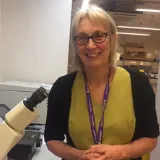
Professor Jo Spencer
Professor of Experimental Medicine
Research interests
- Immunology
Biography
Professor Jo Spencer is a Professor of Experimental Medicine in the Peter Gorer Department of Immunobiology, School of Immunology & Microbial Sciences.
Research
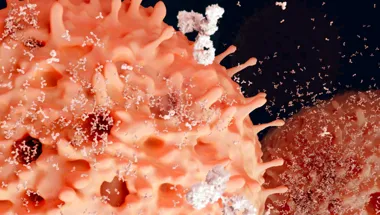
Spencer Group
We are interested in human B cells and mucosal immunology. Our projects include the study of human B cells in tissue, in the gut and B cell response to systemic lupus erythematosus.
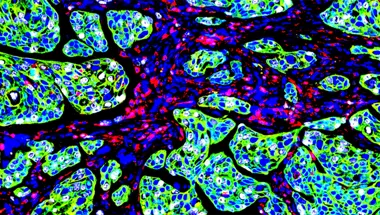
Spatial Biology Network
The Spatial Biology Network is a cross-faculty research interest group that brings together researchers from various disciplines, ranging from technology development and molecular biology, to bioinformatics and clinical translational research, to explore the complexity of spatial biology.

RNA Biology
RNA is at the forefront of biomedical research for its central role in how information is transferred from DNA to protein. This Research Interest Group is open to all interested parties from across the University.
News
Features of autoimmune diseases found to be normal components of gut immunity
Researchers have found that cell types and molecules usually associated with autoimmune disease are present in the gut at sites where bacteria normally meet...

Researchers find previously undetected population complexity in human lymphoid tissue B cells
Deep analysis of human marginal zone B cells could improve scientists’ understanding of lupus nephritis
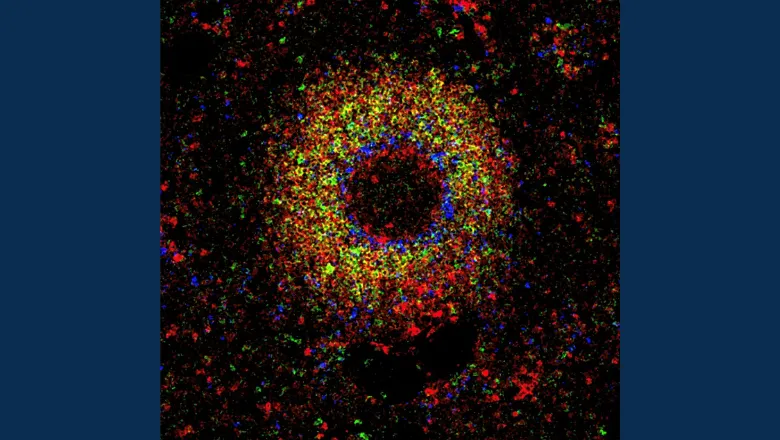
Gut health compromised in severe COVID-19
New research of samples of intestine from people who have died of COVID-19 has shown the impact of the virus on the gut immune system.

Kings researchers develop a new software for the analysis of multiplexed tissue imaging data
A team of researchers from the Schools of Cancer & Pharmaceutical Sciences and Immunology and Microbial Sciences and the Cancer Systems Biology laboratory at...
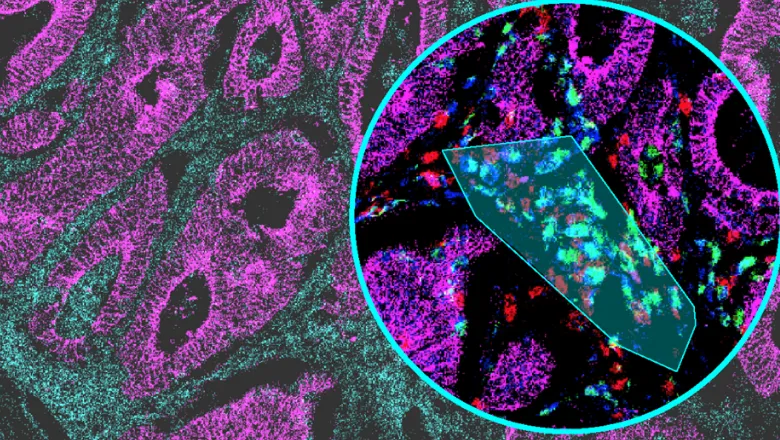
Researchers investigate factors determining the response of colorectal cancer patients to immunotherapy
Colorectal cancer is the cancer of the colon or rectum, which typically affects older adults but can occur at any age.

Research

Spencer Group
We are interested in human B cells and mucosal immunology. Our projects include the study of human B cells in tissue, in the gut and B cell response to systemic lupus erythematosus.

Spatial Biology Network
The Spatial Biology Network is a cross-faculty research interest group that brings together researchers from various disciplines, ranging from technology development and molecular biology, to bioinformatics and clinical translational research, to explore the complexity of spatial biology.

RNA Biology
RNA is at the forefront of biomedical research for its central role in how information is transferred from DNA to protein. This Research Interest Group is open to all interested parties from across the University.
News
Features of autoimmune diseases found to be normal components of gut immunity
Researchers have found that cell types and molecules usually associated with autoimmune disease are present in the gut at sites where bacteria normally meet...

Researchers find previously undetected population complexity in human lymphoid tissue B cells
Deep analysis of human marginal zone B cells could improve scientists’ understanding of lupus nephritis

Gut health compromised in severe COVID-19
New research of samples of intestine from people who have died of COVID-19 has shown the impact of the virus on the gut immune system.

Kings researchers develop a new software for the analysis of multiplexed tissue imaging data
A team of researchers from the Schools of Cancer & Pharmaceutical Sciences and Immunology and Microbial Sciences and the Cancer Systems Biology laboratory at...

Researchers investigate factors determining the response of colorectal cancer patients to immunotherapy
Colorectal cancer is the cancer of the colon or rectum, which typically affects older adults but can occur at any age.

